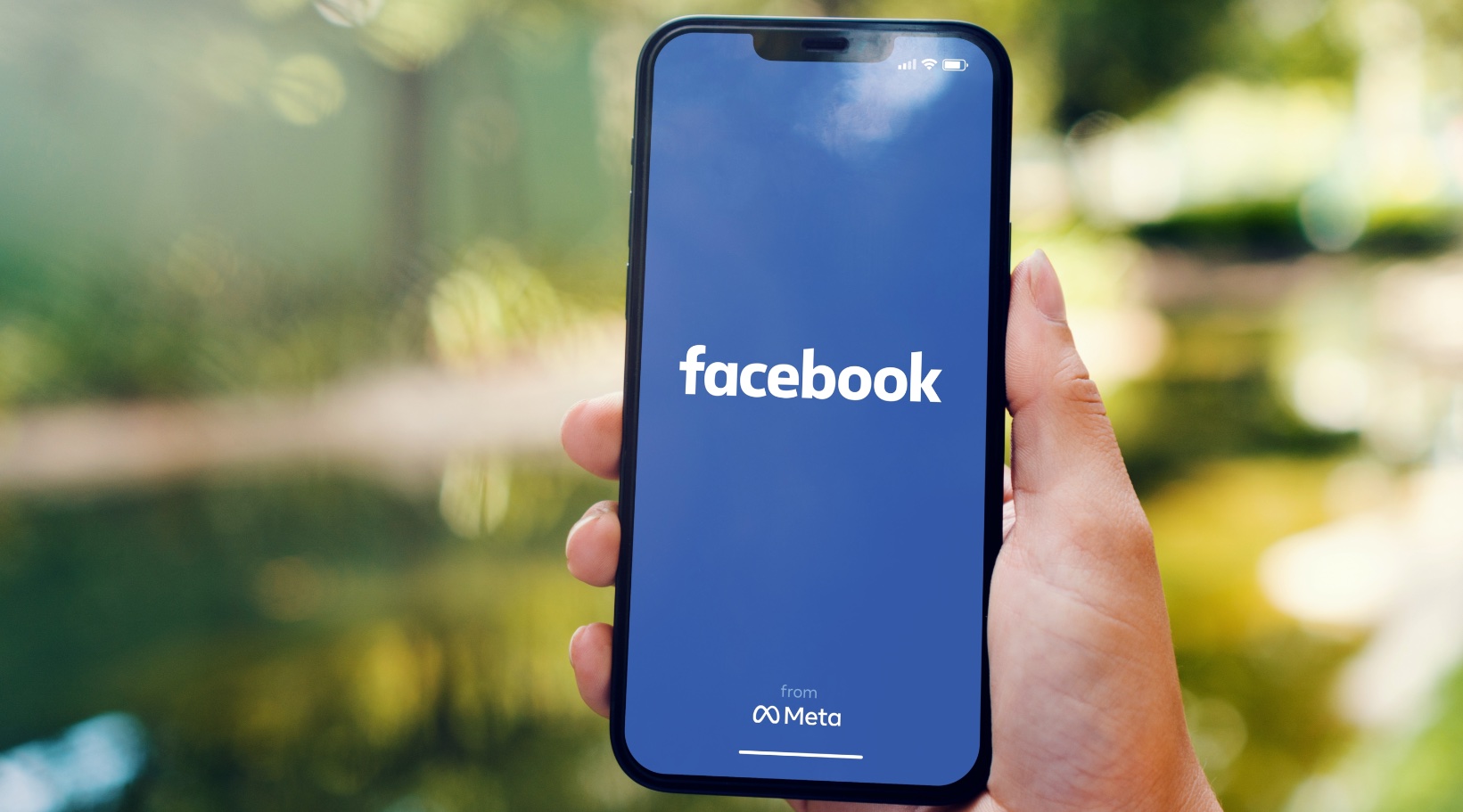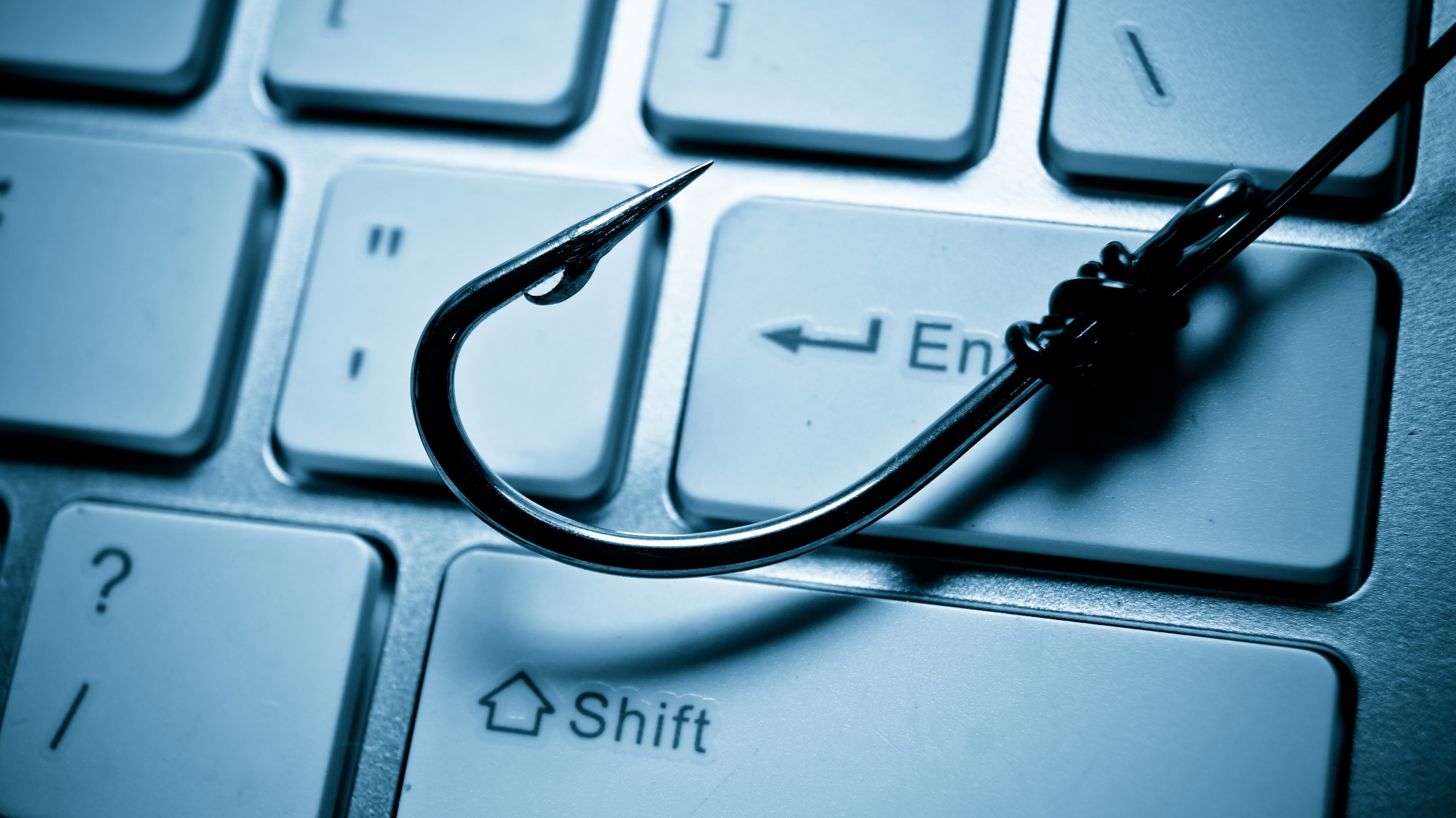Hackers are using Facebook Messenger to spread password-stealing malware — how to stay safe
Massive new phishing campaign uses Facebook messages to target businesses

Here at Tom’s Guide our expert editors are committed to bringing you the best news, reviews and guides to help you stay informed and ahead of the curve!
You are now subscribed
Your newsletter sign-up was successful
Want to add more newsletters?

Daily (Mon-Sun)
Tom's Guide Daily
Sign up to get the latest updates on all of your favorite content! From cutting-edge tech news and the hottest streaming buzz to unbeatable deals on the best products and in-depth reviews, we’ve got you covered.

Weekly on Thursday
Tom's AI Guide
Be AI savvy with your weekly newsletter summing up all the biggest AI news you need to know. Plus, analysis from our AI editor and tips on how to use the latest AI tools!

Weekly on Friday
Tom's iGuide
Unlock the vast world of Apple news straight to your inbox. With coverage on everything from exciting product launches to essential software updates, this is your go-to source for the latest updates on all the best Apple content.

Weekly on Monday
Tom's Streaming Guide
Our weekly newsletter is expertly crafted to immerse you in the world of streaming. Stay updated on the latest releases and our top recommendations across your favorite streaming platforms.
Join the club
Get full access to premium articles, exclusive features and a growing list of member rewards.
One of the best and worst things about social media platforms like Facebook is that anyone can send you a message. While most of the time these unsolicited messages will come from old classmates and friends, they can also be sent by hackers.
As reported by BleepingComputer, hackers are using a massive network of fake and hacked Facebook accounts to send out phishing messages with the end goal of tricking people into installing password-stealing malware.
While this new campaign discovered by Guardio Labs is specifically targeting Facebook Business accounts, it still highlights the risk of opening and responding to unsolicited messages on Facebook and other social media platforms.
Using Facebook for phishing

Just like with other phishing campaigns we’ve observed in the past, this one uses copyright violation notices to get the attention of vulnerable business owners. However, information on particular products sold by a business is another lure being used in this campaign.
Following their initial messages, the hackers send over a batch file as a RAR or ZIP attachment with the hope that unsuspecting users may download and launch it. If they do, the batch file then fetches a malware dropper from GitHub to infect their systems with password-stealing malware.
Alongside the payload, the batch file also downloads a standalone Python environment that allows the malware to gain a foothold on an infected computer by executing each time the system starts up. As Guardio Labs points out in a blog post detailing its findings, the payload has five layers of obfuscation which makes it difficult for even the best antivirus software to detect it.
After infecting a vulnerable computer, the malware used in this campaign collects all of the cookies and login data stored in a victim’s browser. This information is then compiled into a ZIP file and sent back to the hackers responsible using Telegram or the Discord bot API. However, the malware goes a step further by wiping all cookies from a victim’s computer to log them out of their accounts. This gives the hackers the time they need to change the passwords to all of a victim’s accounts and take them over.
Get instant access to breaking news, the hottest reviews, great deals and helpful tips.
According to Guardio Labs’ researchers, around 100,000 phishing messages are sent out each week targeting Facebook users in North America, Europe, Australia, Japan and Southeast Asia. To make matters worse, 7% of all Facebook Business accounts have been targeted, though just 0.4% have downloaded the malicious file used to infect their systems with malware.
How to stay safe from phishing campaigns spreading malware

Just like when checking your inbox, you need to be extremely careful when dealing with messages on Facebook and other social media sites from unknown senders.
To determine if a message is genuine or not you should look out for red flags like misspelt words and poor grammar along with a sense of urgency. The last one is the most important as hackers often try to use your emotions against you in order to trick you into clicking on their messages or downloading the attachments they’ve sent you.
In the campaign described above, the hackers responsible used fake copyright violations as a means to create a sense of urgency. Facebook Business users that are worried about being hit with a copyright lawsuit might download and open the attached batch file without thinking, which is an easy way to infect their systems with malware. Even if you’re not a business owner, you shouldn’t open any attachments or even images sent to you from someone you don’t know on social media.
Malware can often evade antivirus software and for this reason, you may also want to invest in one of the best identity theft protection services as they can help you recover from any financial losses suffered as a result of fraud or online scams.
With three billion users worldwide as of August of this year according to Statista, Facebook remains one of the most popular social media platforms. Unfortunately though, its massive size and user base means that it will likely continue to be a treasure trove for hackers. However, it’s up to you to read your messages carefully and avoid opening and responding to any that appear to come from hackers.
More from Tom's Guide
- Urgent Apple zero-day flaws hit iPhones and Macs — update right now
- My wife almost fell for this Facebook Zelle scam — watch out
- Hackers use this clever trick to take you to phishing sites — can you spot it?

Anthony Spadafora is the managing editor for security and home office furniture at Tom’s Guide where he covers everything from data breaches to password managers and the best way to cover your whole home or business with Wi-Fi. He also reviews standing desks, office chairs and other home office accessories with a penchant for building desk setups. Before joining the team, Anthony wrote for ITProPortal while living in Korea and later for TechRadar Pro after moving back to the US. Based in Houston, Texas, when he’s not writing Anthony can be found tinkering with PCs and game consoles, managing cables and upgrading his smart home.
 Club Benefits
Club Benefits










